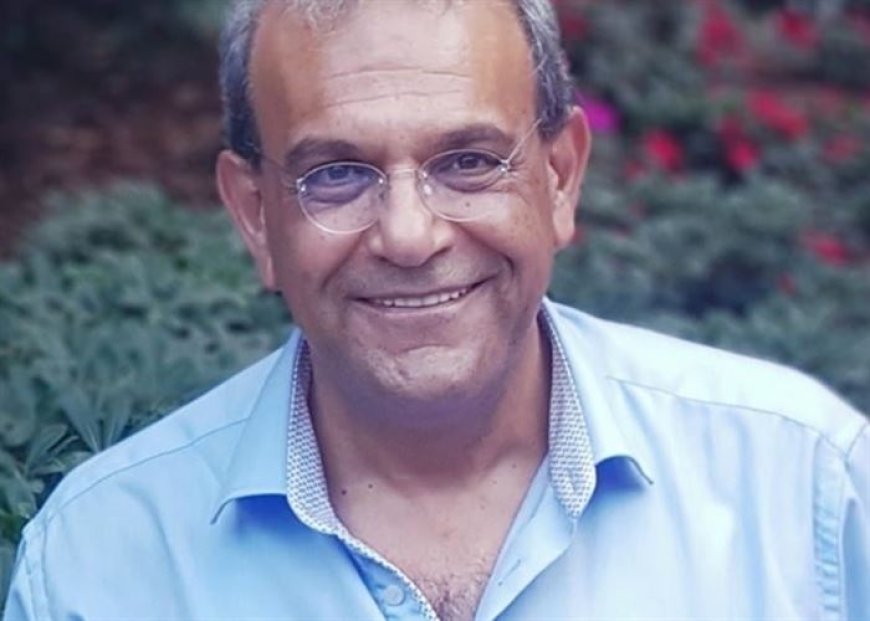Nine months into the conflict in Gaza, the destruction continues, and the killing does not cease. The intransigence of the parties involved remains the dominant factor in the situation. Over 130,000 Palestinians have been killed or wounded, with the majority being children and women. Additionally, more than 10,000 are missing, all amidst ongoing violations of international law.
On the Lebanese front, the situation is characterized by daily fighting and continuous mutual shelling between Israel and Hezbollah. Israel's continued assassination of Hezbollah leaders further complicates the situation and underscores their stated goals. As a result, the post-war scenario is heading towards a comprehensive confrontation, especially given the daily Israeli threats to launch a full-scale war against Hezbollah, particularly after the Majdal Shams incident.
Netanyahu's stance has created a continuous stumbling block in the ceasefire negotiations.
Efforts to achieve calm and a ceasefire have yet to bear fruit and may escalate into a more complex crisis. This is particularly concerning after Israeli Prime Minister Benjamin Netanyahu's speech before the US Congress, where he reiterated his intention to continue the military fight to eliminate Hamas. He called for Gaza to be demilitarized and free of extremists after the end of the war. Netanyahu also stated that Israel would do everything necessary to restore security on its northern borders and bring its citizens safely home. These statements suggest that Netanyahu is not seriously committed to reaching a ceasefire and is prioritizing US military support to continue the war.
Writer and journalist Elie al-Hajj, speaking to ANHA's agency about this issue, believes that in the coming stage, Netanyahu will continue his operations in Gaza through military pressure aimed at eliminating Hamas. He believes that Netanyahu's ultimate goal is to remove Hamas's weapons from Gaza. He also noted that Hamas remains determined to continue its war and will find it difficult to surrender to the reality imposed by Israel.
Al-Hajj believes that Netanyahu is not interested in extending the Gaza scenario to Lebanon. Therefore, the fate of the southern front is linked to the fate of Gaza, with developments in Gaza likely to be reflected in southern Lebanon. Al-Hajj predicts that Israel will not enter Lebanon by land, but may target buildings belonging to Hezbollah and attempt to assassinate Hezbollah leaders.
Will the truce negotiations mature in the next stage?
According to Al-Hajj, Hamas has no choice but to conduct the negotiations themselves, to prove their threatened existence, and to put an end to this war, especially with the increasing destruction in Gaza and the growing number of dead. He added: Iran has abandoned the process of supporting Gaza, except for its support for Hezbollah, which cannot significantly influence the course of the war in Gaza, despite occupying Israel's northern front.
Hamas has no alternative to negotiations, but the other party, Israel, wants to eliminate them, and this is what we witnessed in Netanyahu's speech before Congress.
Al-Hajj considered that the two parties are facing a dead end. Perhaps some conditions may be waived temporarily to gain more time, especially for Israel, until a solution is found that is outside the interests of Gaza, but at the same time, it may save lives in Gaza. He said: The current situation requires more pressure from Western and Arab countries to stop this war.
Is Lebanon Approaching a Comprehensive War Scenario?
With continued Israeli threats to Lebanon and the ongoing escalation in the field, a war scenario remains possible, though not inevitable. It's important to note that postponing the school year in northern Israel is intended to alleviate pressure on the country. Society must also consider the impact of the upcoming US elections, which could play a significant role. This is particularly true given the potential for Donald Trump, a candidate known for his close ties to Israel, to win. In his most recent statement after meeting with Netanyahu, Trump affirmed his commitment to achieving peace and combating anti-Semitism should he return to the White House.
Al-Hajj believes that the Houthis and Hezbollah in southern Lebanon may be drawn into a larger confrontation if negotiations fail to produce results and long-range attacks in the Red Sea continue. This is evidenced by Israel's response to the Houthi targeting of Hodeidah in Yemen following the Tel Aviv strike.
Elie al-Hajj said, the day after the Gaza war could lead to the possibility of a comprehensive war in the region, involving countries, not just militias.
In a separate context, al-Hajj noted, President Bashar Al-Assad rushed to Moscow because he felt his regime was in danger as a result of the developments in the region. As for Hezbollah, their calculations in their war against Israel will not be in their favor, neither logistically nor technically. However, Iran's support for their militias remains the only way to preserve their presence and defend their interests in the region.
Al-Hajj indicated that the focus remains on the coming days and what they will bring in terms of field developments that may determine the course of events, leading to either a diplomatic solution or a comprehensive war.
T/ Satt.
ANHA














